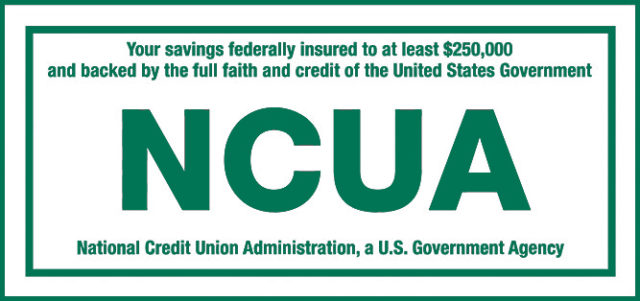Circumstances in life can derail even the best money management plan.
If you can’t keep up with your bills, you’ll need to take an inventory of your resources and prioritize your financial obligations.
You may not be able to pay all your bills in full every month, but you can prioritize your expenses and take a proactive approach to your finances. You may be able to minimize the consequences until you get back on your feet. 1st Cooperative FCU can help.
Below are some practical steps to getting smart about money, about the importance of credit and about how to develop a spending plan.
Your history of credit management can affect the interest rate you pay on a loan, your ability to rent or buy a home, the insurance rates you are offered, and even your future employment opportunities. By understanding the world of credit reports, you can create a positive credit standing that will allow you to achieve your goals quickly and inexpensively.
If your credit score isn’t what you want it to be, 1st Cooperative FCU can review your credit report and provide advice on how to address problems and build strong credit. This service is free.
Do you ever wonder where your money goes? A spending plan is a way to take care of obligations and enjoy life. You will be more secure for the future if you know how much you can spend and save along the way.
Financial planning begins and ends with a realistic spending plan. If you haven’t reviewed your goals, assets, income, expenses, and debt in a while (or ever), now is the time to do it.
Sit down and crunch the numbers. It’s worth the effort.
Once you know where your money is going each month, take a good, hard look at it. Are there expenses you can reduce or eliminate? How important is the $4 morning muffin and coffee? Five times per week will run you $80 a month. This is your opportunity to analyze when and how you spend your money … and make positive decisions about what you want to change.
Tracking your expenses may prevent “money leakage,” that $20 or $40 that seems to evaporate before you leave the ATM machine. Plug the money leaks now, and you can save more effectively for the times when you will really need it. If you’re not completely comfortable with your spending plan or would like some guidance with this or other financial issues, consider a free and confidential counseling session with a 1st Cooperative FCU counselor.
You have wants and needs. And you have two ways of paying for them: pull out the credit card or use the money you have set aside. Which would you prefer?
Most people would choose to have a stash of cash—whether it’s to be used for impulse purchases or long-term financial goals. But how do you save when there are bills to pay and a paycheck only goes so far? You make a plan.
Even without a specific goal, saving immediately will make you feel good. Got debt? Put a little money aside anyway. Acquiring a savings habit as soon as possible is critical. By saving a little each month, even while aggressively paying down your obligations, you will graduate into being debt free with a happy little nest egg in place. And in the event of an emergency you won’t have to touch the credit cards and feel like you’re driving in reverse.
All achievable goals share the same four factors:
- Really want it — or you won’t be motivated
- Know the price — so you know how much to save
- Set a time frame — and break it down into reasonable and consistent deposits
- Be flexible — contribute less if you must, but don’t give up
How much you have, your time frame, and personal risk tolerance will determine the best home for your money. Here are a few accounts you may consider:
- Savings account — A great starter account. Interest and risk are low and minimum deposit is small.
- Money market account — This savings account pays slightly better interest but may require a higher minimum balance.
- Money market fund — A very secure mutual fund account. Invested in high-quality, short-term investments. Higher deposit, interest and risk.
- Certificates of Deposit — Whether for 3, 6, 12, or 24 months, CDs offer higher and fixed interest rates, but with a greater initial deposit and penalty for early withdrawal.
For mid- to long-term goals, you may opt for investment rather than savings vehicles. After you’ve saved enough in one of the above accounts, you can transfer your money to mutual funds, bonds, or individual stocks if you wish. Impossible? Not at all. With careful planning, savings is the key to successfully managing your money and getting everything you want.
1st Cooperative FCU offers a variety of free services to help you understand your credit report, design a spending plan, and achieve your financial goals. For more information about how we can help you master your money, call us at 803.796.0234.
Financial tools and tips
CardValet® 
Secure your debit card by turning it on an off with an app.
contact us
to ask about a checking account.
Your check design
Choose your style in our check catalog.
CALL US
803-796-0234 M-F, 8:30 a.m. – 5 p.m.

